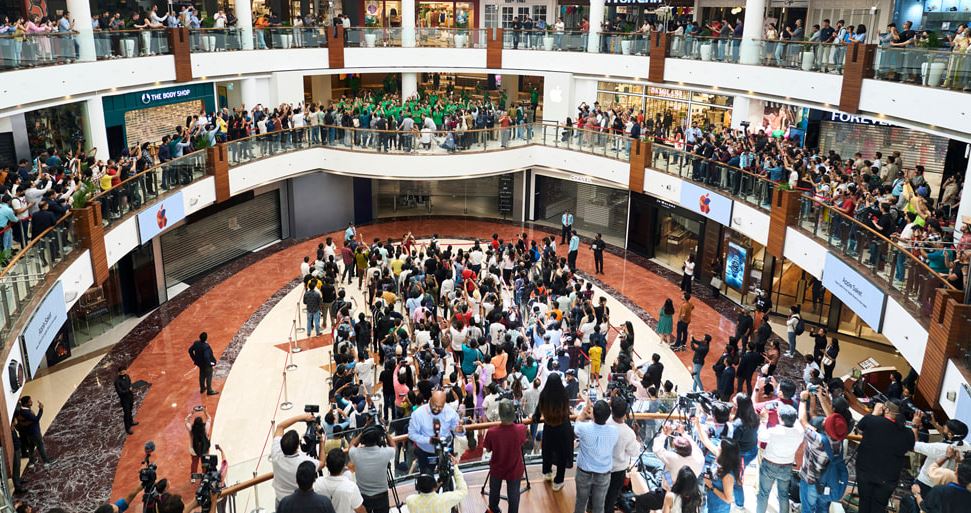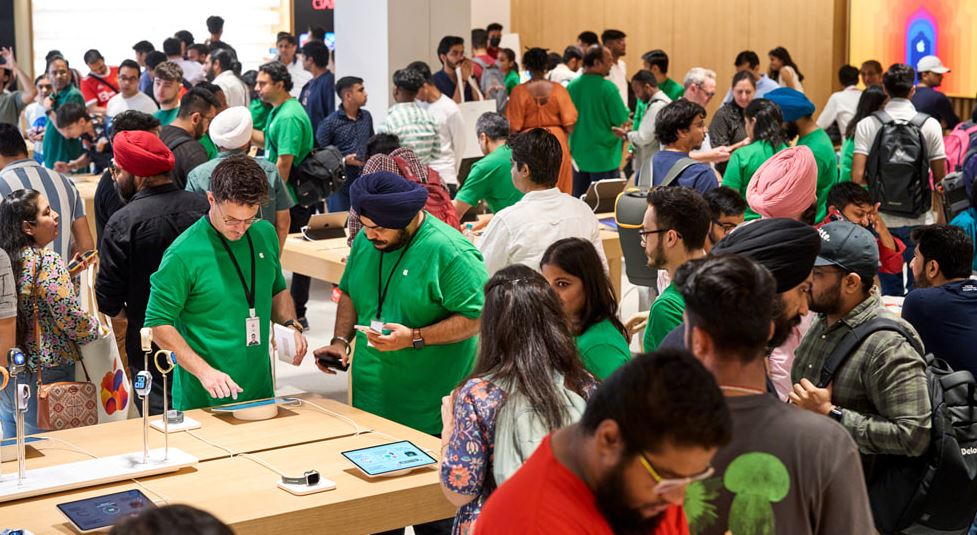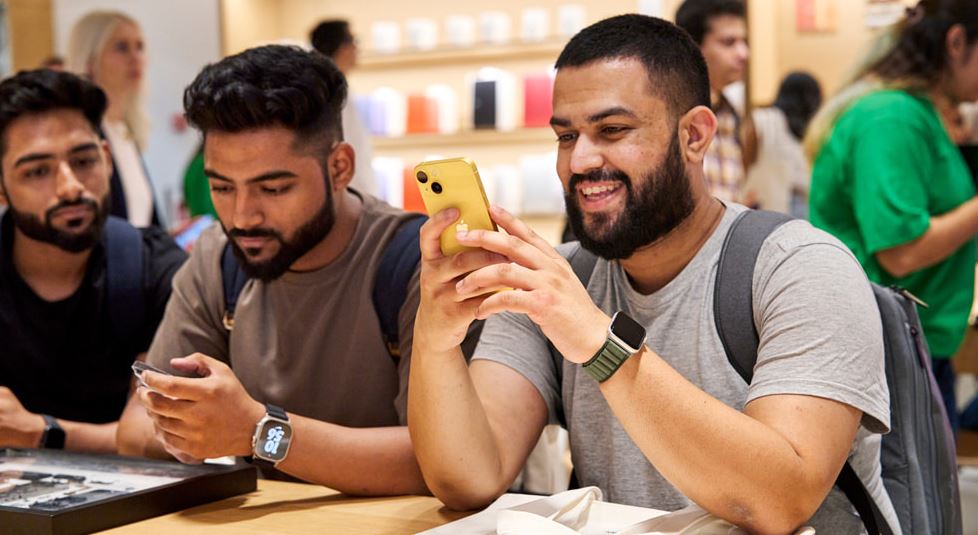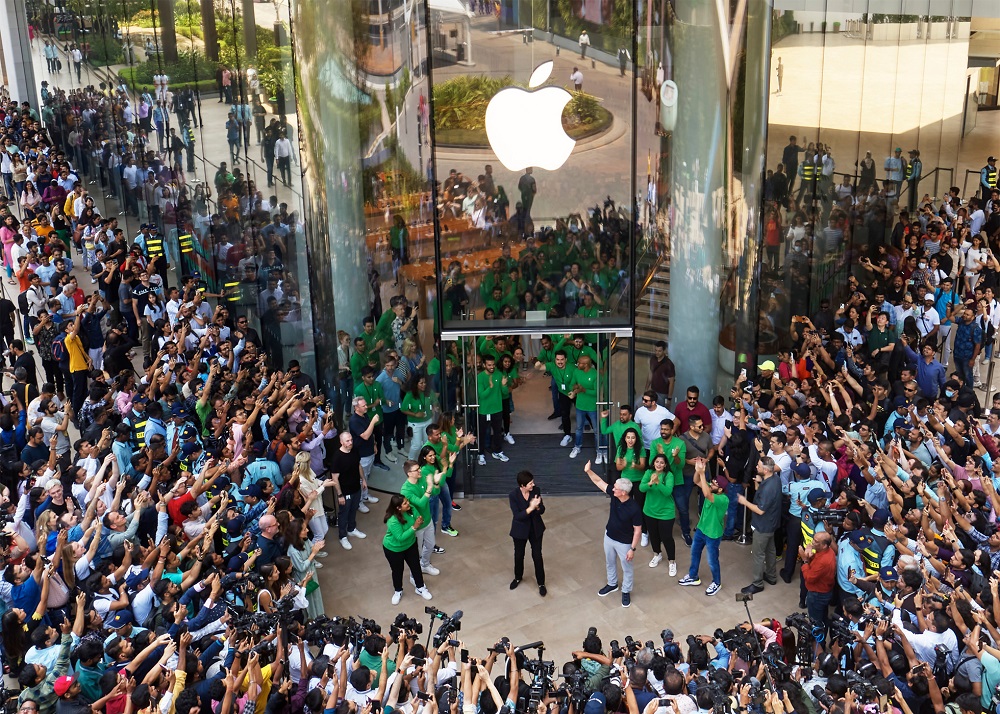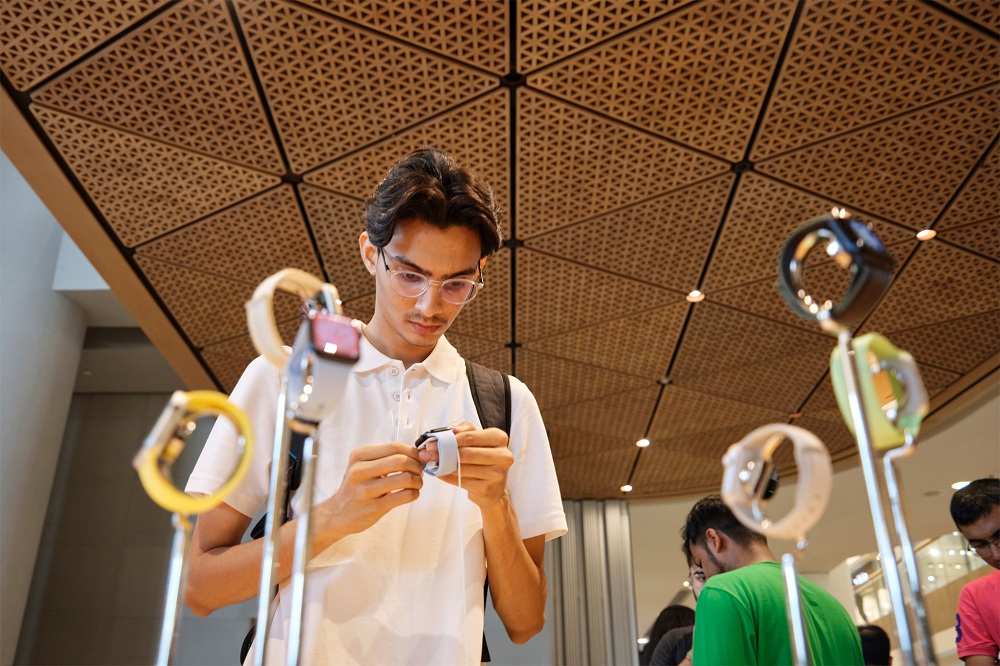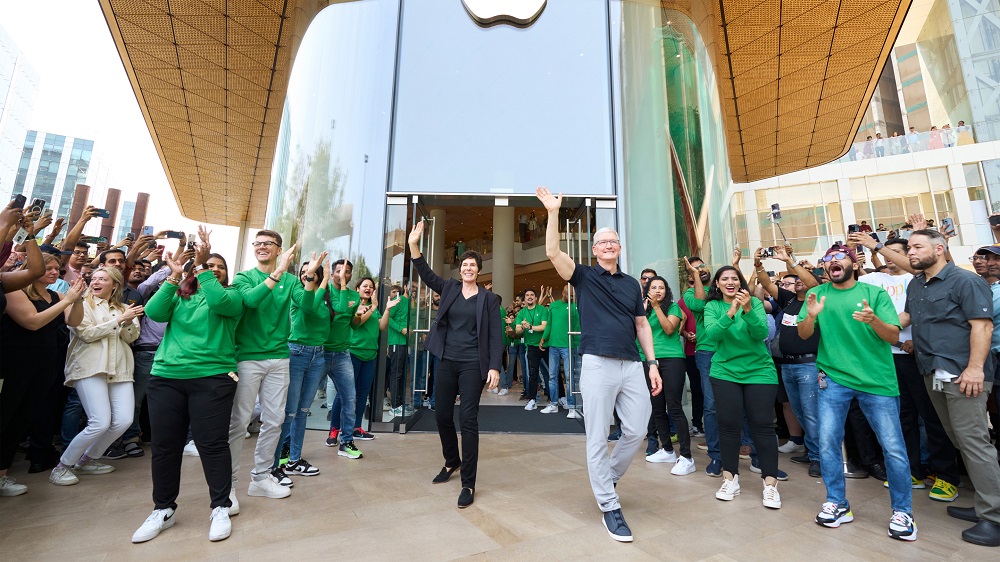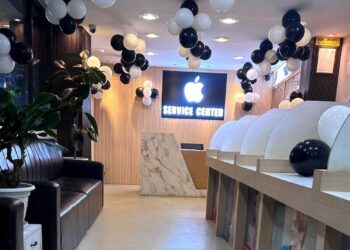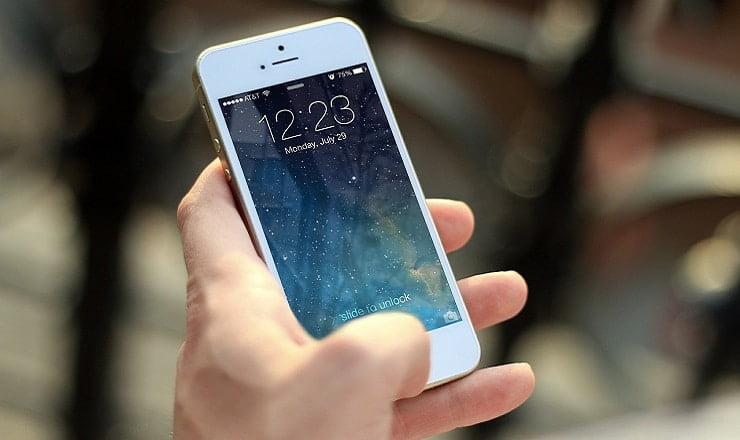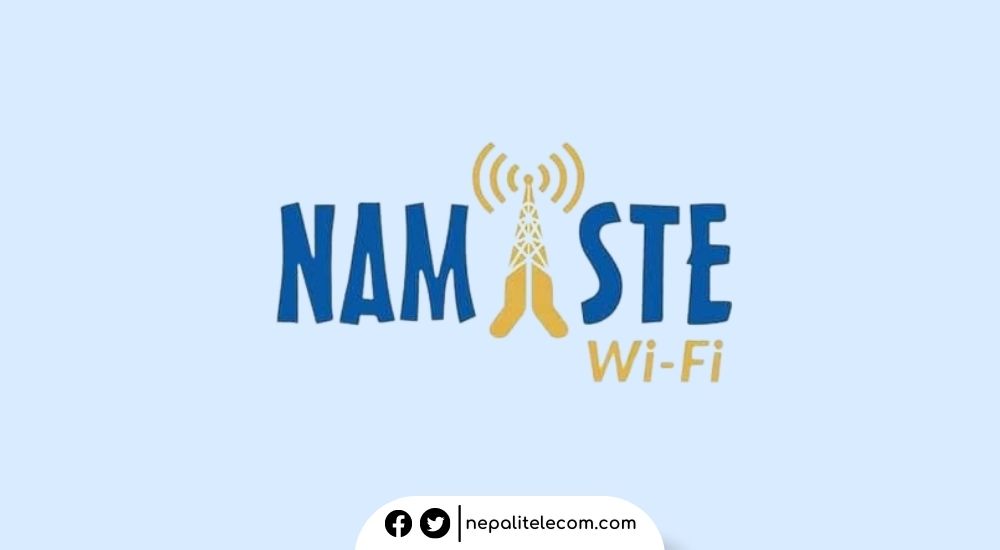Soon after opening its first store in India in Mumbai, Apple opened its second store “Apple Saket” in Delhi. By extending its offline stores in India, the US tech giant is triggering a massive sensation among its loyal fans and potentially new buyers of its large range of products as it seeks to influence the existing price-sensitive consumers to its flagship lineups.
Apple opened its first store “Apple BKC” in Mumbai, India on April 18 and inaugurated the second in Saket in Delhi on April 20. The stores are already open for customers where they can buy Apple products and services, and get support from authorized staff. Similarly, visitors can participate in free Today at Apple sessions and learn how to make the most of their devices.
Apple Saket store in Delhi
The launch of its second store in Dehli reflects the company’s robust ambition in the key tech market of India. The company has set its eyes on first tapping into the major city markets before possibly expanding to more regions.
“We’re thrilled to bring the best of Apple to our customers in Delhi with the opening of our second store in India, Apple Saket,” said Deirdre O’Brien, Apple’s senior vice president of Retail. “Our incredible team members look forward to connecting with the local community and helping them find new ways to pursue their passions and unleash their creativity through our amazing products and services.”
Also read: Apple to make iPhone 14 and AirPods in India away from China
Apple store in Mumbai
Earlier, Apple opened its first-ever physical store Apple BKC in India in Mumbai to a lavish inauguration ceremony. Reports are that people from various parts of the country visited the historical store in the financial capital. The occasion featured folk dance performances and local music. Apple CEO was also present to meet with the media, developers, customers, and tech enthusiasts.
The Mumbai store is themed after the black-and-yellow taxis which are commonly seen in the city. Till now, Apple products were available in India online or through a network of resellers. Now, offline purchases can be done thanks to the two physical stores.
Check out: Apple iPhone Price in Nepal | Latest 2023 Update
Apple has opened 400 stores globally
Apple has its stores in 400 plus locations around the world and the list is only increasing. Its stores have their own allure. The company maintains its aesthetics to inspire and excite customers. Wherever an Apple store opens, it becomes a subject of glamour and sensation.
Likewise, the store in Saket is uniquely designed with a curved storefront where products and accessories are displayed on white oak tables.

Check out | iPhone 14 Pro Max gets another price cut in Nepal
There’s also a dedicated Apple Pickup station for customers to order online and collect devices in-store at their convenient time. Like all Apple stores, the ones in India run on renewable energy and are carbon neutral.
Like all Apple facilities, Apple Saket and Apple’s operations in India run on 100 percent renewable energy and are carbon neutral. At the same time, Indian customers will have a direct engagement with Apple for the products and services so they can expect reliable support from the authorized personnel.
Is India the frontier for Apple?
The two stores come at a crucial time for Apple when the Cupertino giant is making the final push for its retail ventures in India which is the world’s second-largest smartphone market. Apple seeks to disrupt the Android market share and create an Apple ecosystem. However, India remains a budget-sensitive market. Still, Android phones occupy 95 percent market share. Breaking this dominance will be hard for the American company.
Apple now has two physical stores in India, Apple BKC in Mumbai and Apple Saket in New Delhi
“The whole idea of opening an Apple store is to showcase the range of products available in the Apple ecosystem. But most of these products are too high-end for a country like India where a bulk of the market is not in the premium segment,” says Prasanto K Roy, who has experience working on issues of technology and public policy.
He rather believes that the move could be a branding strategy. “It’s not as if this will change Apple sales in any dramatic way,” he states, “but it is still a key milestone, one that will allow Apple to deliver to Indian customers the full Apple experience”.
But Apple has also been increasing its manufacturing base in India as it makes a solid attempt to diversify supply chains from China. India already contributes 5 percent to Apple products production. with the majority of Indians still having options for more budget-friendly phones, Apple will need time to make an influence in the grand market of India.





